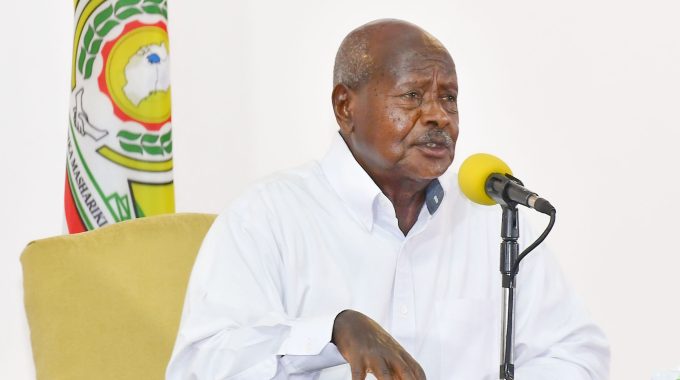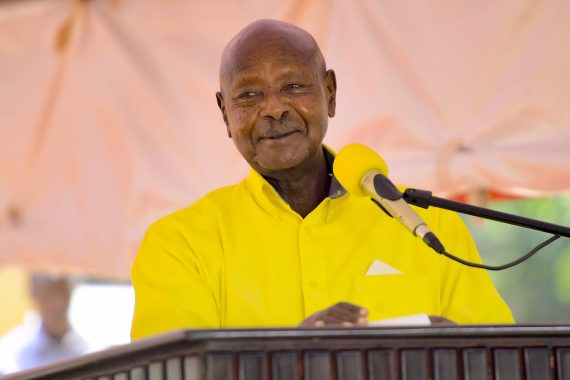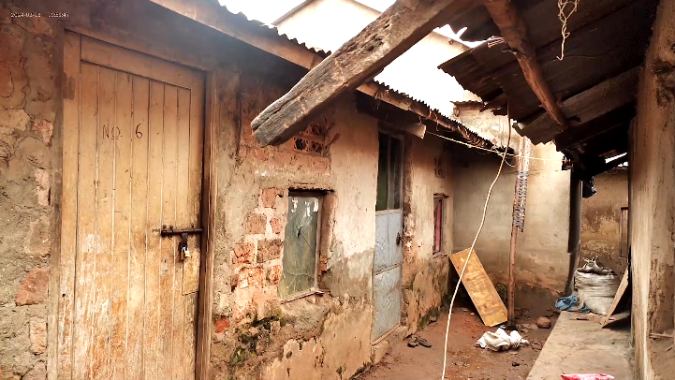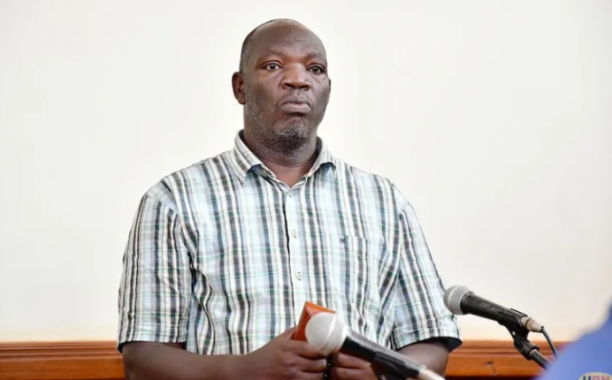Use sparingly,
President Yoweri Museveni has laid out short and long term solutions to the public as measures to follow in these hard economic times.
The President while addressing the nation on Sunday May 22, made it clear that the government will not in any way interfere with market forces in the face of escalating commodity prices, as this will be suicidal for the economy.
He says external factors like Russia- Ukraine war and the covid 19 pandemic have largely contributed to the sky rocketing prices globally, in addition to other concerns like hoarding and smuggling of goods.
The President in his speech, however, emphasized that subsidies and tax waivers on both imports and locally manufactured goods will not be enforced because it would lead the country into heavy tax loss.
Use sparingly,
Museveni says crucial items are not taxed, therefore removing taxes from many of the imports is suicidal and a blunder to the economy.
“The tax loss would cripple our budget and the planned developments. Moreover, the removal of taxes on some of the commodities, would mean tax loss to Government of: Ugx. 1.53 trillion for petroleum, Ugx. 1.15 trillion for diesel, Ugx. 520 billion for wheat. How, then, do we fund our budget for – roads, electricity, schools, medicine, security, etc.? There are items we do not tax – eg. Medicine, raw materials, etc. It is, therefore, not true that we tax everything.” He said
He further explained that even locally manufactured goods would still lead to tax loss in an economy that feeds off taxes.
“I had sympathy for removing taxes on locally produced goods such as sugar, milk, cement, etc. because, if People buy more of them, it will be good – they would be buying more local goods. This was until I looked at the taxes to be lost. On sugar, we would lose Ugx.193 billion, on cement, Ugx.200 billion, mitayimbwa Ugx.120 billion. We could see that the route to tax cuts and subsidies, even for the locally produced goods, was not a wise one.” he says
The president instead advises that in the short term, Ugandans should spend wisely and sparingly while opting for healthier alternatives to higher commodities. He said the use of local products like cassava and bananas can help forego the high prices of wheat to produce bread.
“To use frugally these imported items (kukekereza, kwereembareemba) or kubyesonyiwa (get alternatives), I do not eat wheat bread nor rice; I eat our richer indigenous foods of akaro (millet), muhogo (cassava), empogora (bananas cooked in their skin), ebinyobwa (G-nuts), obushaza (peas), enyamay’ente (beef), etc.”he says
For long term the President proposes
“To use our own raw-materials – such as sunflower oil and castor oil (enshoga-shoga) for soap as we wait for the expanded palm oil production which takes longer – sunflower takes only 4 months. The Palm Oil project in Buvuma, Sango Bay – we would even be much better off. With our coming Oil, Uganda will be immune to the external disruptions.
2.The first production and the refinery expected in 2026 and we refine some of it for the final products.
For the warring parties in the west, president Museveni suggested diplomatic approaches to their differences instead of fighting which affects the rest of the world. For example, an estimated 25 million tons of wheat are blocked by the war in ports around Ukraine.
“With petrol, diesel and paraffin, the artificial crisis of the Bazungu has added another $34 dollars. We are engaging the involved actors on this. It is important for Ugandans to know that even when we get our own petroleum, we cannot sell it below the World prices minus transport costs.” he says
While Ugandans are experiencing a sharp rise in commodity prices, the inflation of 4.9 per cent is considered low compared to what’s happening in other countries, both in Africa and other continents. This, according to the Uganda Bureau of Statistics is because food prices have remained generally relatively low.















